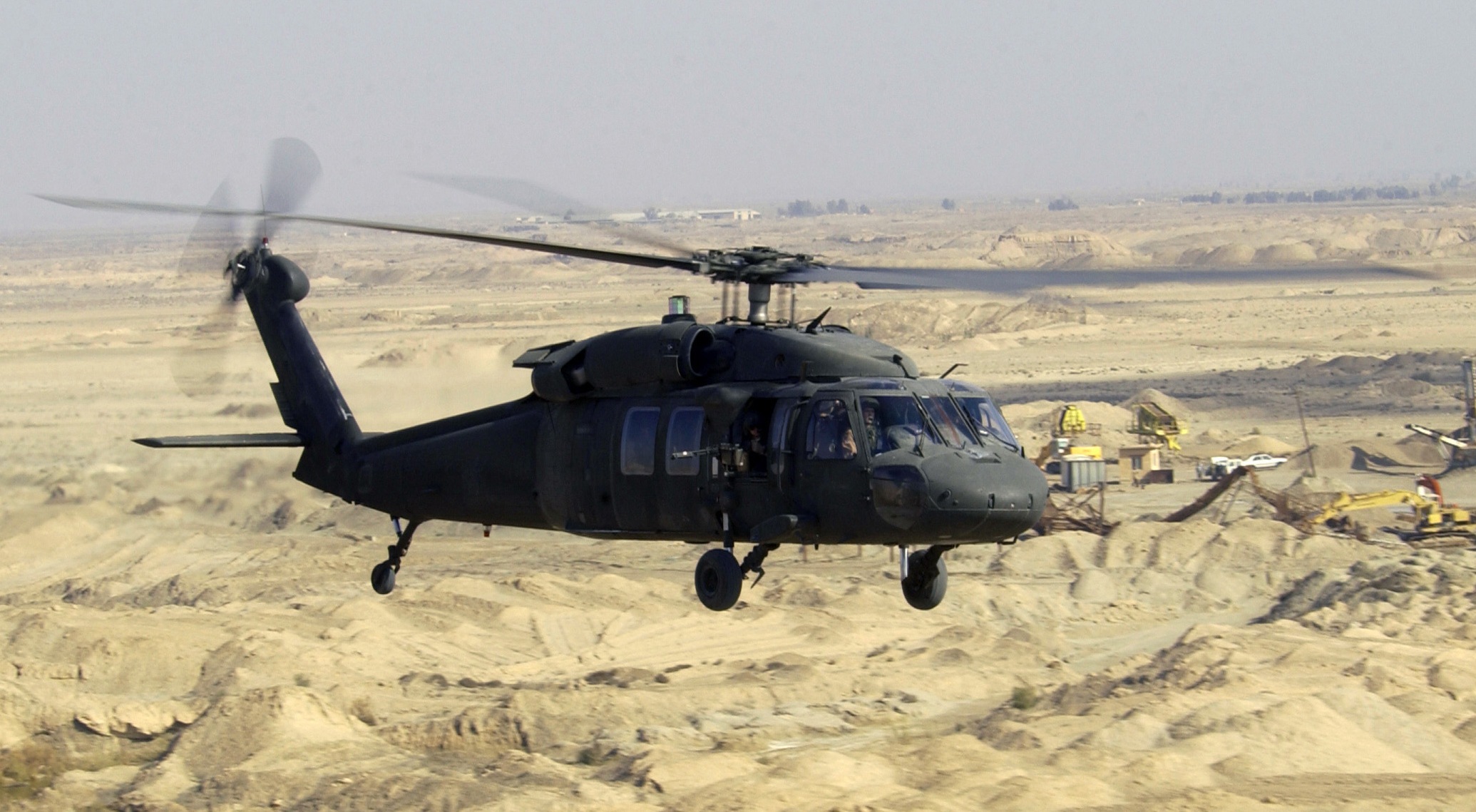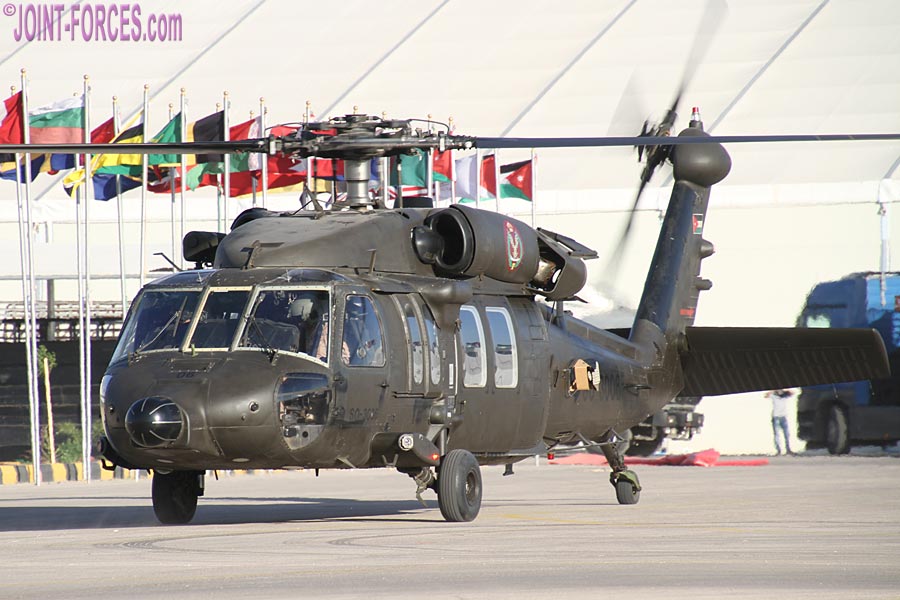UH 60 Black Hawk: Armed Forces Helicopter Features and Capabilities
UH 60 Black Hawk: Armed Forces Helicopter Features and Capabilities
Blog Article
The Effect of Sustainable Practices on the Future of Airplane Operations and Emissions Reduction
As the aviation industry deals with raising analysis over its environmental influence, the adoption of lasting techniques arises as a vital pathway toward future aircraft operations and exhausts reduction. Technologies in sustainable aeronautics gas and innovations in hybrid propulsion technologies stand at the leading edge of this makeover, appealing considerable reductions in greenhouse gas discharges. However, the effective integration of these efforts pivots on a selection of factors, consisting of governing frameworks and industry collaboration. The concern stays: just how will these advancing techniques reshape the dynamics of air traveling and add to a more lasting future?

Overview of Lasting Practices
Sustainable techniques in aircraft procedures include a series of approaches aimed at reducing ecological effect while keeping functional efficiency. These practices are essential in the air travel market's commitment to lessening its carbon impact and adhering to worldwide environmental standards. Trick initiatives consist of optimizing flight paths to minimize fuel usage, enhancing upkeep procedures to make certain aircraft run at peak efficiency, and implementing sophisticated innovations such as winglets and lightweight products that boost aerodynamics.

Involving and training staff on sustainability practices also play an essential role, cultivating a society of environmental responsibility within companies. On the whole, the assimilation of these sustainable practices not just assists reduce exhausts however likewise enhances the long-term feasibility of the aeronautics industry, guaranteeing it satisfies the demands of both customers and regulatory bodies while adding to worldwide sustainability objectives.
Ingenious Gas Alternatives
Many innovative fuel choices are arising as essential remedies to lower the air travel industry's dependence on conventional fossil fuels. Among these options, Sustainable Air travel Gas (SAFs) have obtained considerable focus because of their prospective to reduce lifecycle greenhouse gas discharges by approximately 80% contrasted to traditional jet fuels. SAFs are stemmed from different feedstocks, consisting of waste oils, agricultural residues, and even algae, making them a functional choice for the sector.
One more promising alternative is hydrogen gas, which, when used in fuel cells, generates only water vapor as a by-product. This zero-emission prospective presents a significant opportunity for decarbonizing flight operations, specifically for short-haul trips and regional aircraft. Additionally, electric propulsion systems are being explored, leveraging battery modern technology to power airplane. While present battery capacity limits range and payload, continuous developments may quickly render electric flights sensible for details applications - uh 60.
Finally, biofuels originated from biomass are being investigated, using a renewable alternative that can be combined with traditional gas. Collectively, these ingenious gas choices represent a vital step toward attaining a sustainable aeronautics ecosystem, straightening with international emissions decrease targets and enhancing the industry's ecological stewardship.
Technological Developments in Aviation

Exactly how can technological developments reshape the future of air travel? Advancements such as electrical and hybrid propulsion systems are at the forefront, promising significant decreases in gas consumption and greenhouse gas exhausts.
Moreover, the implementation of sophisticated products, such as lightweight compounds, adds to boosted the rules of aerodynamics and gas performance. The use of artificial intelligence and device knowing in flight operations optimizes course preparation and lowers gas burn by allowing real-time modifications based upon climate and web traffic conditions. In addition, the development of self-governing and from another location piloted airplane systems stands to transform freight and traveler transportation, possibly enhancing efficiency while reducing human mistake.
In addition, lasting air travel innovations, my review here including advanced air traffic administration systems, can decrease and simplify operations blockage, causing reduced emissions during flight. These advancements jointly stand for a standard change in aviation, promising a future where sustainability and functional efficiency are intertwined, thus supporting the market's dedication to minimizing its ecological influence.

Governing Structure and Compliance
In light of the growing emphasis on ecological stewardship within the aviation industry, the regulative framework controling aircraft operations is developing to advertise lasting methods. Governing bodies, such as the International Civil Aeronautics Company (ICAO) and numerous national aeronautics authorities, are introducing rigorous standards focused on reducing exhausts and boosting operational effectiveness.
These regulations often consist of the adoption of Sustainable Aeronautics Gas navigate to these guys (SAF), which has actually been identified as a vital component in attaining lower carbon impacts. In addition, compliance with these guidelines needs airlines to implement functional practices and advanced technologies, such as enhanced flight courses and boosted air traffic monitoring, to decrease fuel usage.
Additionally, the enforcement of discharges trading schemes and carbon countering campaigns is ending up being increasingly common, engaging airline companies to keep track of and report their exhausts accurately. Non-compliance can result in considerable fines, therefore pressing operators to prioritize sustainability in their organization versions.
Inevitably, the developing regulatory landscape Look At This not just drives advancement and investment in green technologies but additionally fosters a society of accountability within the air travel sector. As these frameworks proceed to establish, the emphasis on lasting practices will certainly be important to attaining the sector's long-lasting environmental objectives.
Future Patterns in Airplane Operations
As the aviation sector adapts to a progressively strict regulative environment, future trends in airplane procedures are readied to focus on ingenious options that additionally improve sustainability and performance - uh 60. Trick advancements will likely consist of the fostering of advanced air web traffic administration systems, which use real-time information and expert system to maximize trip paths, reducing fuel consumption and discharges
One more substantial trend is the enhanced assimilation of lasting aeronautics gas (SAFs) These alternatives to traditional jet fuel, originated from renewable sources, can significantly decrease lifecycle greenhouse gas exhausts. The market's commitment to SAFs will likely accelerate as airline companies collaborate with gas producers to make sure schedule and cost-effectiveness.
Furthermore, the press towards electrification and hybrid propulsion systems is acquiring momentum. Emerging aircraft styles will incorporate these technologies, using quieter and extra effective procedures, particularly for short-haul flights.
Verdict
Finally, the integration of lasting practices in aircraft operations holds considerable possibility for discharges reduction and improved effectiveness. The fostering of lasting air travel gas, paired with innovations in electric and hybrid propulsion systems, is important for decreasing lifecycle greenhouse gas discharges. Moreover, optimizing trip paths and welcoming cutting-edge technologies add to a quieter and more eco pleasant air travel industry. Collectively, these initiatives straighten with worldwide sustainability objectives and lead the way for a greener future in aviation.
Advancements in sustainable aviation fuels and advancements in crossbreed propulsion modern technologies stand at the leading edge of this makeover, encouraging considerable decreases in greenhouse gas discharges.Many cutting-edge fuel options are emerging as pivotal options to lower the aeronautics sector's dependence on standard fossil gas - uh 60. Among these choices, Lasting Aeronautics Gas (SAFs) have actually acquired substantial focus due to their potential to reduce lifecycle greenhouse gas emissions by up to 80% contrasted to standard jet gas.One more substantial pattern is the boosted assimilation of lasting air travel gas (SAFs) The adoption of lasting air travel fuels, coupled with developments in electric and hybrid propulsion systems, is important for lessening lifecycle greenhouse gas discharges
Report this page